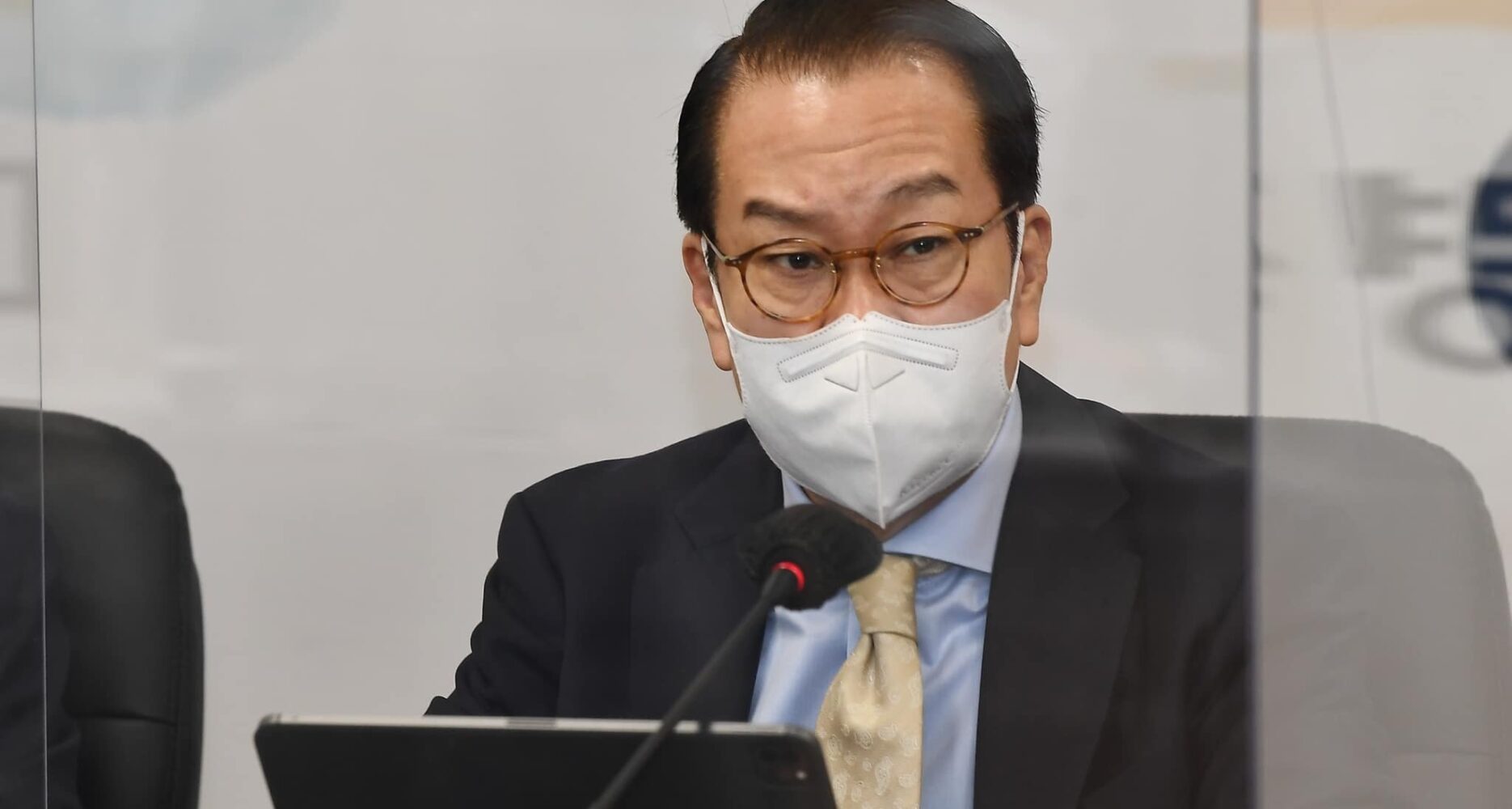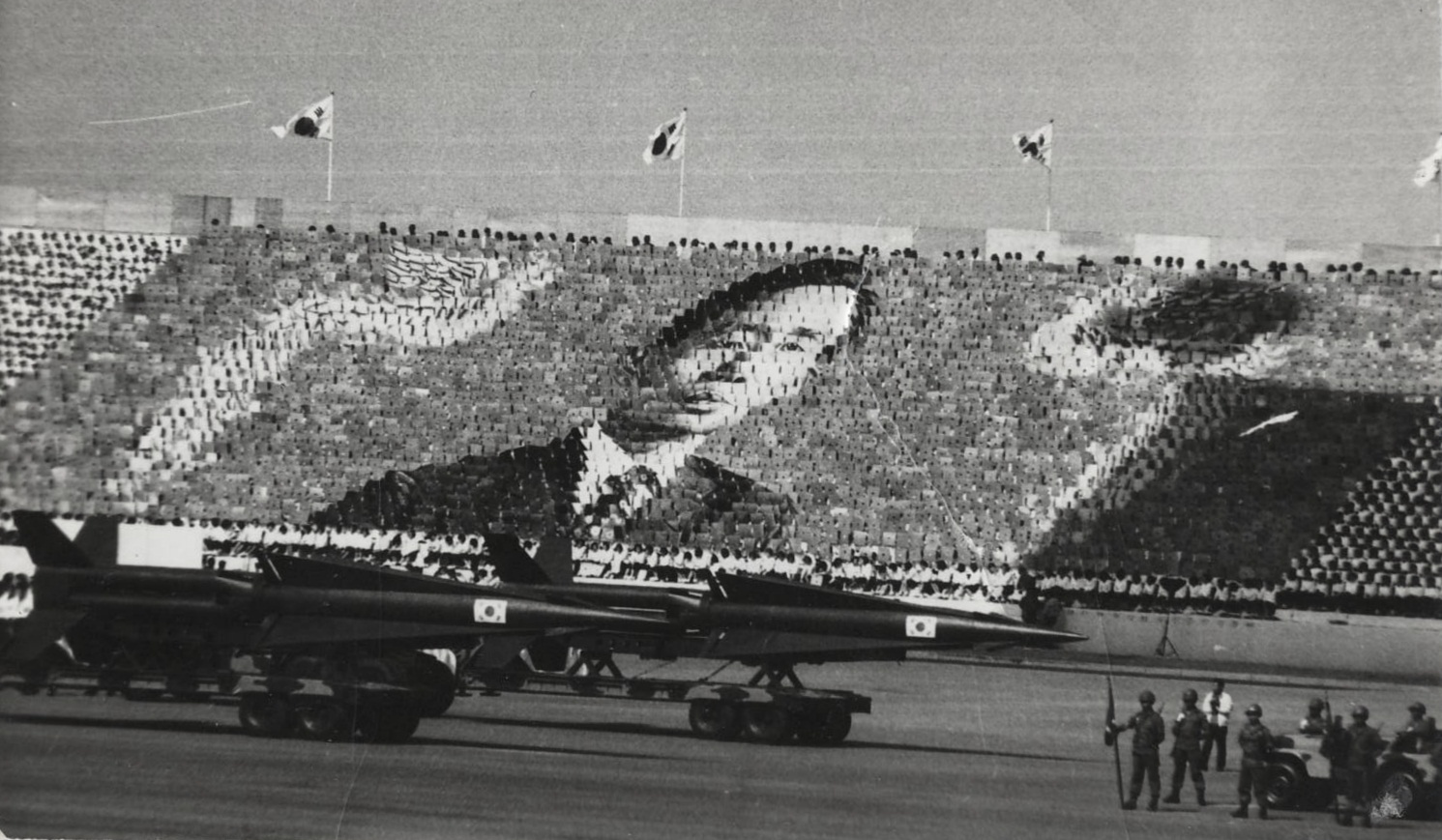Seoul’s proposal to ditch ban on North Korean media is long overdue
– Censorship vastly overemphasizes danger of Pyongyang’s propaganda and is holdover from South Korea’s illiberal past
The following article is an opinion piece by Kyung-Sin Park, a law professor at Korea University and the executive director of Open Net Korea. Views expressed in opinion articles are exclusively the author’s own and do not represent those of NK News.
South Korea’s unification minister recently made some curious comments about wanting to allow wider citizen access to North Korean state media, telegraphing a long-overdue move that could end decades of censorship.
“We would like to restore ethnic homogeneity by progressively making available North Korea’s press, publications, broadcasting and other means of communication and thereby expanding mutual understanding and common ground,” Kwon Young-se reportedly said in a briefing on the ministry’s future plans.
On the face of it, the ministry appears ready to modernize its stance on the National Security Act (NSA), a relic of the Cold War that South Korean governments have cited to justify their ban on DPRK media.
And yet, just a week after Kwon’s remarks, ROK police executed a search and seizure warrant on the pro-unification activist Jung Dae-il on suspicion of violating the NSA. Jung had published North Korea-related content before, including the autobiography of Kim Il Sung.
The raid betrayed conflicting approaches to North Korean media within South Korea, as ROK authorities continue to lean on the NSA to ban DPRK propaganda. This occurs despite criticism by international human rights groups, including the U.N. Human Rights Committee, that it violates freedom of speech.
South Korea’s insistence on censoring all private acts of simply consuming the North Korean media is the worst form of state paternalism. It smacks of the ideological warfare of the Cold War, and doing away with crackdowns on North Korean media would go a long way toward helping the South escape a legacy of dictatorship and the global conflicts of yesteryear.

WHAT THE LAW SAYS
Article 7 of the NSA criminalizes “praising, promoting or otherwise condoning the activities of an anti-State organization,” which South Korean prosecutors and courts have interpreted to include the North Korean government in light of the two Koreas ongoing military confrontation.
South Korea revised the provision in 1991 to make it less broad, restricting its application to acts “knowingly threatening the survival and integrity of the nation (Korea) or its liberal democratic order.” After North Korea began satellite broadcasting that could reach the South the same year, Seoul’s unification ministry announced that citizens can watch DPRK television so long as they don’t do so in a way that violates the NSA.
In a sense then, the unification minister’s July 2022 announcement about allowing South Koreans to watch North Korean TV was gratuitous because Article 7 already allows for this under the ministry’s own interpretation back in 1991. Further, the law requires possession or active transmission of the allegedly dangerous material, something that just watching television does not entail.
However, the Korean Communication Standards Commission (KCSC), South Korea’s internet censorship body, still blocks access to North Korean government material on thousands of websites each year. It does so on the basis of its mandate to deliberate and act on “what is necessary for nurturing sound communication ethics,” not on what is illegal.
While South Korea’s Constitutional Court has ruled that this mandate is limited to “what is illegal or similar thereto,” this hasn’t stopped the KCS from continuing to block or delete material that isn’t illegal whenever its nine-member body, most of whom are over age 60, rules that something is “unethical.”
What this all means is that South Korea has continued to ban DPRK media in practice even though consuming it is not necessarily against the law. And in that context, the unification minister’s statement signaled a substantive change in policy that is at odds with the police raid on the pro-unification activist.

OUTDATED LAWS
North Korea, like the South, is a full U.N. member and is treated as a full nation, entering into treaties with other countries and with international bodies.
South Korea’s stubborn insistence on treating the DPRK as an “anti-state organization” and criminalizing any activity “condoning its actions” is out of step with this reality and turns any agreement with Pyongyang into an NSA violation.
No nation can survive without at least some self-justification, self-rationalization, self-publicity or even outright propaganda. Criminalizing the very act of simply consuming such material is equivalent to condemnation of the DPRK’s very existence. It flies in the face of international law premised on the equality of all nations.
South Korea hastily drew up the NSA in 1948 to stamp out a military mutiny by communist elements in the then-embryonic ROK, ironically fashioning it after the Japanese colonial administration’s public safety law that criminalized all acts benefitting independence fighters (from whom the nascent ROK government drew its legitimacy).
The state wielded the law against many progressive citizens in persecutions that were just as wrong as those by imperial Japan against Korean independence.
Even then, the scope of the law was limited to substantive acts, not mere words or simple possession of anti-state messages. But when Park Chung-hee came into power through a military coup in 1960, he justified the act as defending a weak South from North Korean invasion and passed the even broader Anti-Communist Law that criminalized words and possession under the praising-promoting-condoning language.
The state applied the law so broadly that it even arrested and indicted someone for saying that another person was “worse than Kim Il Sung,” on the theory that North Korea’s founding leader must be the most evil person.
When Chun Doo-hwan abolished the Anti-Communist Law in 1980 under pressure from international human rights groups, his government added the poisonous provision against praising, promoting or condoning anti-state activities to the NSA. The witch hunt continued under the revamped law.
Article 7 of the NSA is an artifact of South Korea’s anti-communist dictatorship and has no place in the modern liberal democracy that the country has become. Not only does the law infringe on citizens’ rights to free speech, but it vastly overstates the danger of North Korean media in South Korea’s free and open society, where few are likely to embrace the regime’s propaganda.
The unification ministry took the right step toward modernizing its stance on the NSA. Now it needs to follow through.


0 Comments